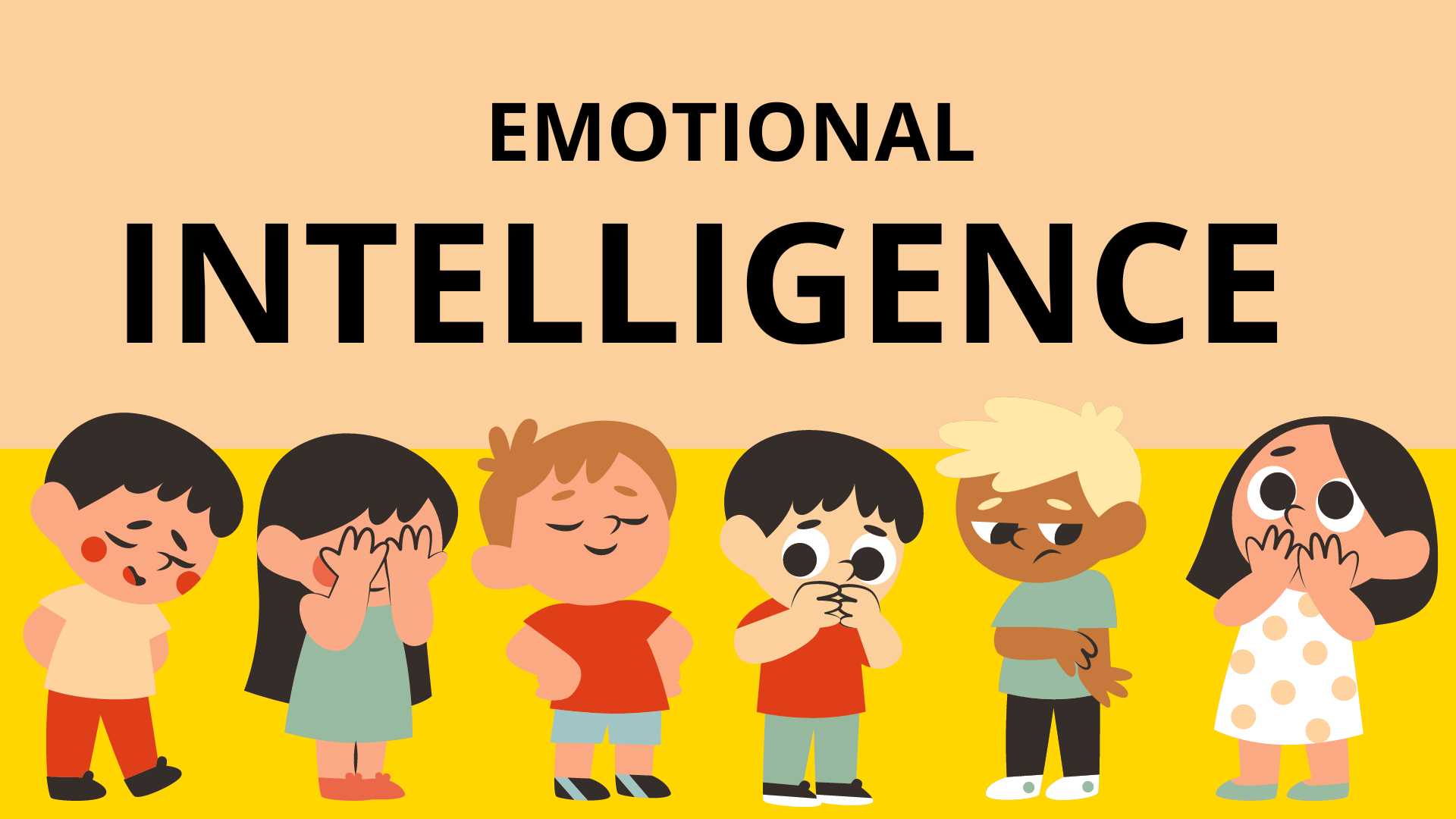Emotional intelligence is no longer a skill that can be kept on the side burner studies show that emotional intelligence, which includes skills like self-awareness, self-regulation, empathy, and social skills, is a critical factor in determining an individual’s success in the workplace and life in general.
Introduction
In today’s fast-paced world, emotional intelligence is increasingly recognized as a vital skill for children to develop. And parents play a very important role in nurturing emotional intelligence in their children. Parents are the primary caregivers of children and the most important factor that affects children.
The good news is that emotional intelligence can be developed and nurtured. Emotional intelligence has the following components;
- self-awareness,
- self-regulation,
- empathy, and
- social skills,
This blog explores the key actions that parents can take to help their children become emotionally intelligent individuals.
1. Encouraging Open Communication
Open and honest communication is the bridge to emotional intelligence. Parents should create a safe space where children feel comfortable expressing their thoughts and emotions without fear of judgment. This space is nurtured through
- active listening,
- validating a child’s feelings, and
- using age-appropriate language.
Encouraging questions, even difficult ones, and having meaningful conversations can lead to a stronger emotional bond.
2. Establishing Emotional Connection
With the influx of social media and technology, the real connections are dying. As a society, people are not getting lonelier and getting more and more mental issues.
Building a strong emotional connection with your child is the foundation of fostering emotional intelligence.
It begins with active listening, away from distractions and phones. Where parents genuinely pay attention to their child’s thoughts and feelings. When children feel heard and valued, they are more likely to trust their parents with their emotions and develop healthy relationships.
Empathy, the ability to understand and share the feelings of another, is another cornerstone. Parents who show empathy towards their children help them learn this essential skill themselves.
Practical tips for parents
- include setting aside dedicated bonding time,
- maintaining eye contact, and
- using open-ended questions to encourage conversation.
3. Teaching Empathy
Empathy is at the heart of emotional intelligence. Parents can teach empathy through everyday interactions. For example, discussing characters’ feelings in books or movies can help children understand different perspectives. Encouraging acts of kindness and discussing how they impact others also contributes to empathy development. Sharing stories or studies that showcase the positive effects of empathy can further motivate children to practice it.
4. Modeling Emotional Regulation
It always starts with parents. Parents serve as role models for emotional regulation. Children observe their parents keenly, especially how they handle various emotions, from frustration to joy.
- Demonstrating healthy ways to cope with stress, such as deep breathing or taking breaks, sets a powerful example.
- Parents must acknowledge their emotions openly and explain how they manage them, showing that it’s normal to feel a wide range of emotions.
5. Problem-solving and Conflict Resolution
Problem-solving and conflict resolution are essential components of emotional intelligence. Parents can teach these skills by involving children in decision-making processes and guiding them through conflicts at home. Encouraging children to think of solutions to problems and mediate disputes with siblings helps them develop these vital skills. The ability to find constructive solutions and resolve conflicts peacefully benefits children throughout their lives.
6. Encouraging Self-Awareness
Self-awareness, or the ability to recognize and understand one’s emotions, is central to emotional intelligence. Parents can foster self-awareness by encouraging children to reflect on their feelings and reactions. Activities like journaling or discussing their emotions during family conversations can enhance this skill. Self-aware children are better equipped to manage their emotions and navigate social situations effectively.
7. Providing Unconditional Love and Support
Lastly, unconditional love and support form the bedrock of emotional intelligence. When children know they are loved regardless of their actions or emotions, they develop healthy self-esteem. Parents can convey this love through both words and actions, consistently offering encouragement and reassurance. In such an environment, children feel safe to explore their emotions and learn to manage them constructively.
Conclusion
In conclusion, parents have a profound impact on their children’s emotional intelligence. By establishing emotional connections, encouraging open communication, teaching empathy, modeling emotional regulation, fostering problem-solving and conflict-resolution skills, promoting self-awareness, and providing unconditional love and support, parents empower their children to thrive emotionally and socially. Emotionally intelligent children are better equipped to handle life’s challenges, build meaningful relationships, and lead fulfilling lives.

